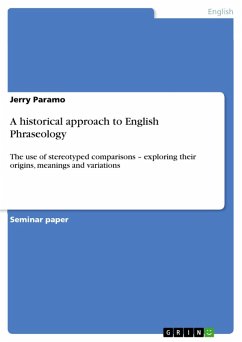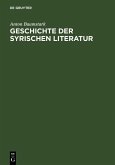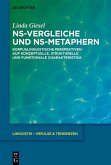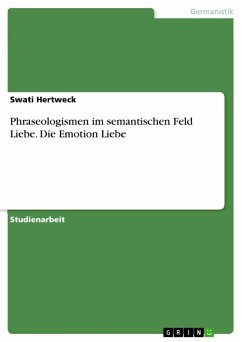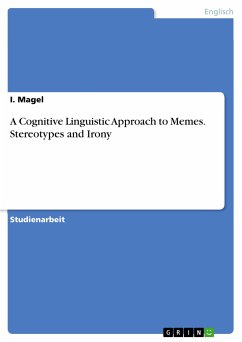Seminar paper from the year 2008 in the subject English Language and Literature Studies - Linguistics, grade: 2,00, University of Bamberg, language: English, abstract: A field of study, or generally of interest, does by no means simply consist of one or two basic components and then form a large, complex construction; on the contrary: many varieties, shapes and forms are needed for any such system to function and to be fully appreciated. A very wide variety of specific requirements, ideas, theories, views etc. have always assisted and also guided the human race in its seemingly never ending thirst for power, wisdom, and above all knowledge. The simple fact of being able to read these lines is an example of such progressive steps, as is being able to interpret a painting or a creative form of architecture. One thing most people probably would not question further, since everyone is capable of it at the age of three or four, is the concept of speech. One learns at home and in school, and that is that, to put it rather bluntly. However, in time one will notice that not every person in fact uses the same capacity of speech as another person might do. This of course must not be misunderstood on a global scale, since of course there are so many different languages throughout the world. This is only meant for a certain language, in this case English. Not every English speaking person will know what it means when someone "kicked the bucket" or "bought the farm". Did he or she really kick a bucket, or buy a farm? Of course not. But that is precisely the point. There are certain elements within the structure of a language that cannot be easily determined, certain phrases, words and especially the meanings behind such phrases or words. This particular field of study, or as Rosemarie Gläser refers to it, "a sub discipline of the linguistic system" as "an expanding field of research" (Cowie 1998: 125), contains many interesting single topics. Only defining a phraseological unit as "a lexicalized reproducible bilexemic or polylexemic word group in common use" (1998: 125) does in fact make one have a certain feeling of confusion. This definition is not exactly helpful or overall understandable. Yet when dealing with English phraseology from a functional, stylistic or a cognitive approach, many more interesting and exciting aspects appear. This paper however will deal with a different point of view on the subject. It is rather unique and can be used for practically any subject or topic one chooses.
Dieser Download kann aus rechtlichen Gründen nur mit Rechnungsadresse in A, B, BG, CY, CZ, D, DK, EW, E, FIN, F, GR, HR, H, IRL, I, LT, L, LR, M, NL, PL, P, R, S, SLO, SK ausgeliefert werden.

